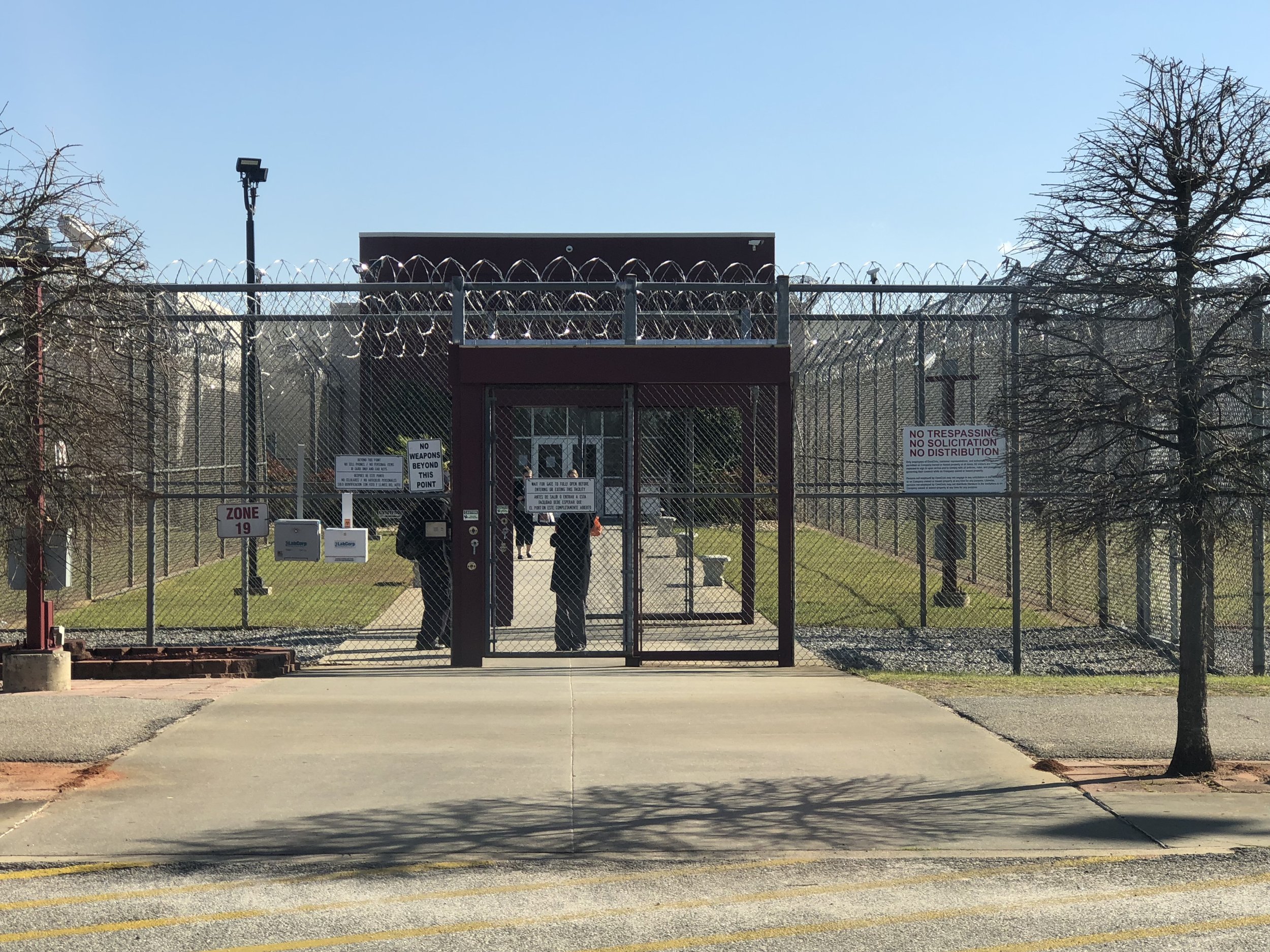
PRACTITIONER BLOG
Read our analyses of developments in Impact Litigation and stay current on class action law

Forced Labor Suit Leads To Detained Worker Bill of Rights
With no real choice, Mr. Hill Barrientos worked in the kitchen in SDC’s so-called “Voluntary Work Program,” cooking meals for up to 2,000 people daily. He regularly worked eight- to nine-hour shifts, and usually received $4 to $5 per day (or 50 cents per hour). Since SDC did not have outside kitchen staff other than a handful of supervisors, officers usually required Barrientos to work seven days a week, even when he was sick. After filing a grievance for being forced to work while sick, he was put in solitary for over a month.

Why “Ascertainability” in Class Actions Matters: How a Kiddie Pool Could Threaten Workers’ Rights in California.
The heightened and burdensome standard for ascertainability articulated by Sotelo and applied in Noel v. Thrifty Payless, Inc. will prevent meritorious employment class actions and undermine workers’ rights. This result is at odds with California’s strong public policies favoring the class mechanism and the robust enforcement of workers’ rights.
New Teeth For California's 'Suitable Seating' Law
On April 4, the California Supreme Court unanimously decided Kilby v. CVS, which adopted a very worker-friendly construction of the state’s century-old “suitable seating law,” and will help ensure that, going forward, seating cases will proceed under California's Private Attorney General Act (PAGA) on a broad class-wide or representative action basis.
Since 1911, California law has guaranteed seats to employees “when the nature of the work reasonably permits the use of seats” (although until 1973, only women were protected).
Tyson Foods, Inc. v. Bouaphakeo – Fighting for the Rights of Low-Wage Workers
ge theft is a huge problem.
In 2014 alone, the U.S. Department of Labor recovered over $240 million in unpaid wages for over 270,000 workers. Not surprisingly, the lowest paid workers are often the most vulnerable. Many low-wage workers are not fully informed about their rights, or fear retaliation if they speak up. And those who want to take legal action have a hard time securing counsel due to the low value of their claims. Recordkeeping violations by employers make things even worse; a lack of legally-required documentation can make proving violations difficult, if not impossible.
